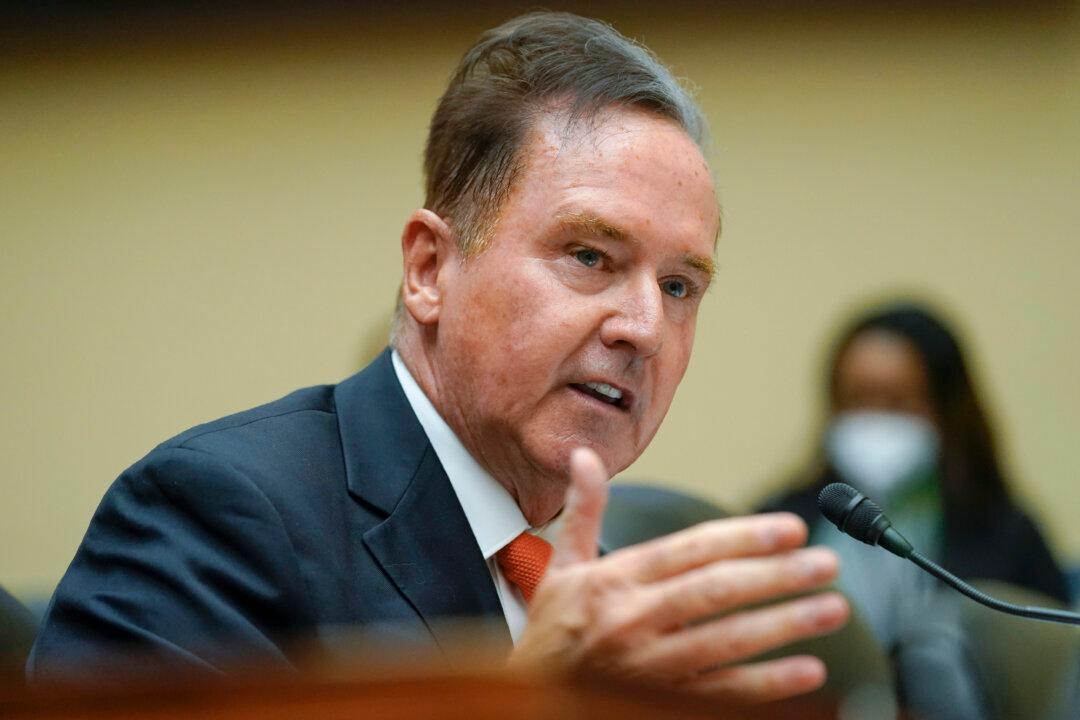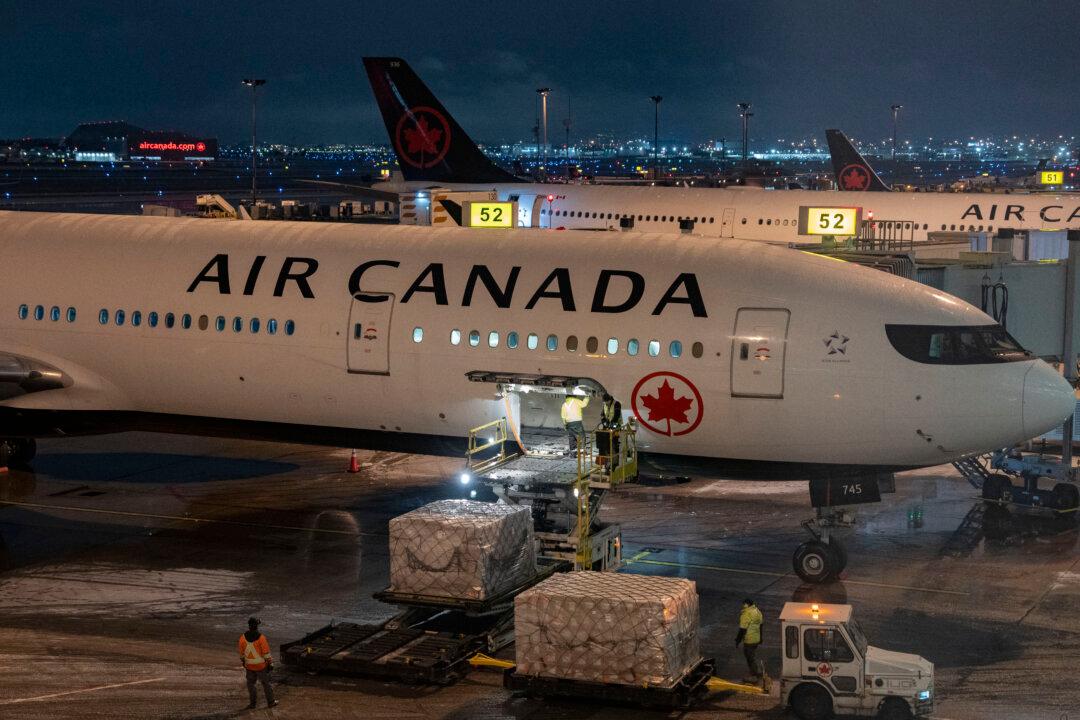A New York congressman wants to enlist the U.S. secretary of state to oppose what he calls Ottawa’s “discriminatory” campaign against foreign property owners.
Rep. Brian Higgins is asking Secretary of State Antony Blinken to officially object to Canada’s new federal tax on underused, foreign-owned housing, which is coming due in April.





